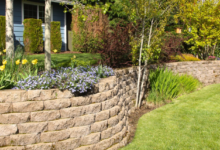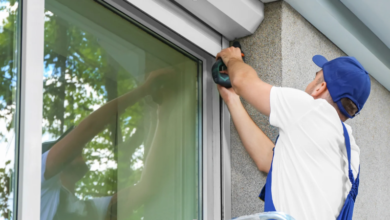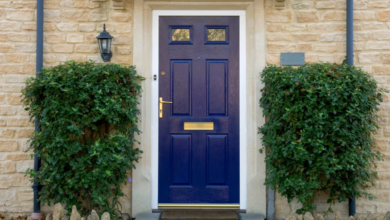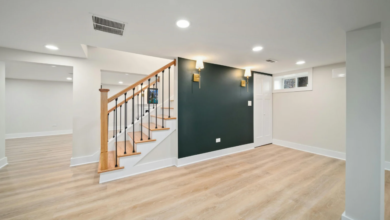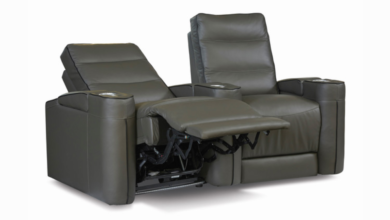How Does Weather Affect My Garage Door?
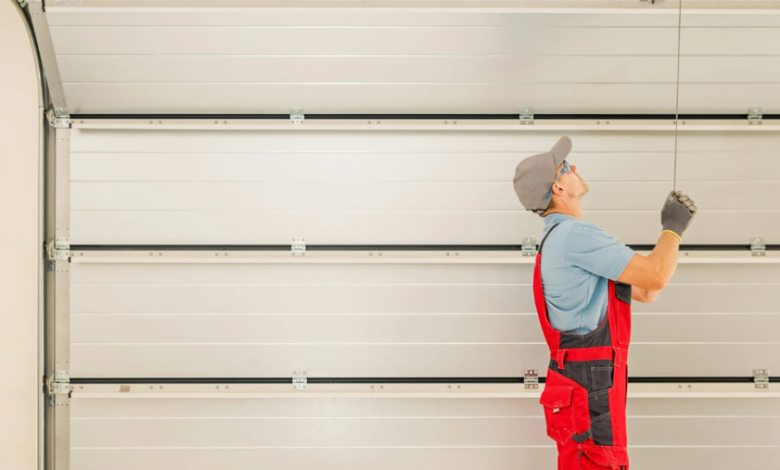
Your garage door is exposed to every seasonal change, from freezing winters to sweltering summers. These shifting conditions affect not only the door’s surface but also its mechanical components. Weather-related issues can reduce functionality, shorten lifespan, and increase repair costs. Homeowners relying on garage doors in Worthington need to stay ahead of these changes with proactive professional maintenance.
Winter Woes: Cold Temperatures and Frozen Components
When temperatures dip, metal contracts. This affects springs, tracks, and cables, leading to stiffness or difficulty opening and closing the door. Cold weather can also harden lubricants, resulting in increased friction and wear on moving parts.
Another issue arises when moisture at the base of the door freezes, causing it to stick or seal shut. Ice buildup can damage weather stripping and compromise insulation. These winter conditions put strain on the entire system, particularly motors and openers working harder against resistance.
The Hidden Impact of Heat and Humidity
Hot weather brings expansion, especially for metal and vinyl doors. As materials swell, alignment issues may occur, disrupting the door’s movement. Wood doors may warp, affecting balance and track performance. Continuous exposure to the sun can also fade paint or finishes, diminishing curb appeal.
High humidity creates additional problems. Moisture can seep into cracks, causing rust on springs, hinges, and rollers. Over time, this weakens the door’s structural integrity. It’s essential to understand the things to keep in mind when choosing garage doors, such as material resistance to weather and long-term durability.
See also: Why Homeowners Should Never Delay a Hazardous Tree Removal
How Weather Affects Door Performance
Weather changes can trigger sensor misalignments, leading to the door stopping mid-cycle or failing to close properly. Warped frames or shifting ground during heavy rainfall or snowmelt may further interfere with the door’s path.
These conditions often contribute to unusual operational sounds, grinding, squeaking, or rattling. While many attribute these sounds to age, weather is frequently the underlying cause. Understanding the reasons behind a noisy or stuck garage door can help technicians resolve the issue before it worsens. Minor adjustments, such as tightening tracks or replacing rollers, can restore smooth performance if addressed promptly.
Seasonal Preparation and Professional Care
To reduce the effects of weather, routine inspections are highly recommended. Professionals can adjust spring tension, re-lubricate components with temperature-appropriate grease, and replace worn weather seals before major damage occurs.
Additionally, pre-season tune-ups, one in the fall and another in spring, help keep the system responsive year-round. These proactive steps prevent emergency breakdowns and reduce long-term maintenance costs.
Materials matter too. Doors built with insulated cores and weather-resistant coatings offer better protection and performance in extreme temperatures. Choosing the right model at installation can reduce future climate-related complications.
Conclusion
Weather plays a powerful role in the health and functionality of your garage door. From frozen tracks in winter to rust and expansion in the summer, seasonal changes can quietly wear down your system if ignored. With expert maintenance and the right materials, you can ensure your garage door continues to perform safely, quietly, and reliably through every season.

